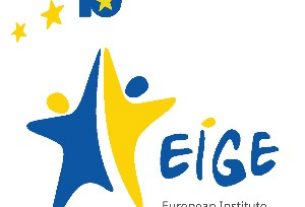EFSA is expanding its linguistic diversity by offering five additional official languages of the European Union (EU) – Greek, Dutch, Polish, Portuguese and Swedish – for its online communications, two years after the launch of the Spanish version of its website.
This milestone marks the second stage of an ambitious project to gradually introduce full EU-24 multilingualism to EFSA’s web communications. The project was conceived in response to the introduction of the recent European Transparency Regulation, which calls on EFSA to be as clear and accessible as possible when communicating to the general public.
Significant advances in the technologies used to provide translation services such as artificial intelligence and automated neural translation present EFSA with the opportunity to improve the efficiency and scope of its internal translation processes. EFSA decided to integrate the European Commission’s leading machine translation tool eTranslation into its website by working hand-in-hand with the European Commission’s Directorate-General for Informatics (DGIT), Directorate General for Communications Networks, Content and Technology and Directorate-General for Translation to make its digital content accessible to more European citizens.
What is eTranslation?
eTranslation is a free, automated tool that translates text excerpts or complete documents. It can be integrated into digital systems to embed them with translation capabilities. eTranslation helps European and national public bodies exchange information across language barriers.
Machine translation
eTranslation applies appropriate terminology and style for different contexts and domains, including the public health domain, drawing upon decades of work by EU translators. It is regularly fed with Euramis, the EU’s largest translation memory comprising over 1 billion sentences in the 24 official EU languages.
How does it work in practice?
You can access available language versions via a language switcher on EFSA’s website.
Not all pages have been translated to every language. In such cases, the page will first load in English, and an automatic translation can be requested with a click; the page will reload in a few seconds with the translated version.
Finally, you have the possibility to provide instant, anonymous feedback through a mini survey, including space for comments. Results are collected and analysed in-house.
Next steps
After the launch of the eTranslation widget on its website, EFSA will be systematically monitoring the quality of the machine-translated pages. Help from its stakeholders in the Member States will also be key to fine-tuning accuracy, fluency, and specialist terminology.
In the next stage of the project, EFSA intends to add five additional EU languages.
efsa.europa.eu

















